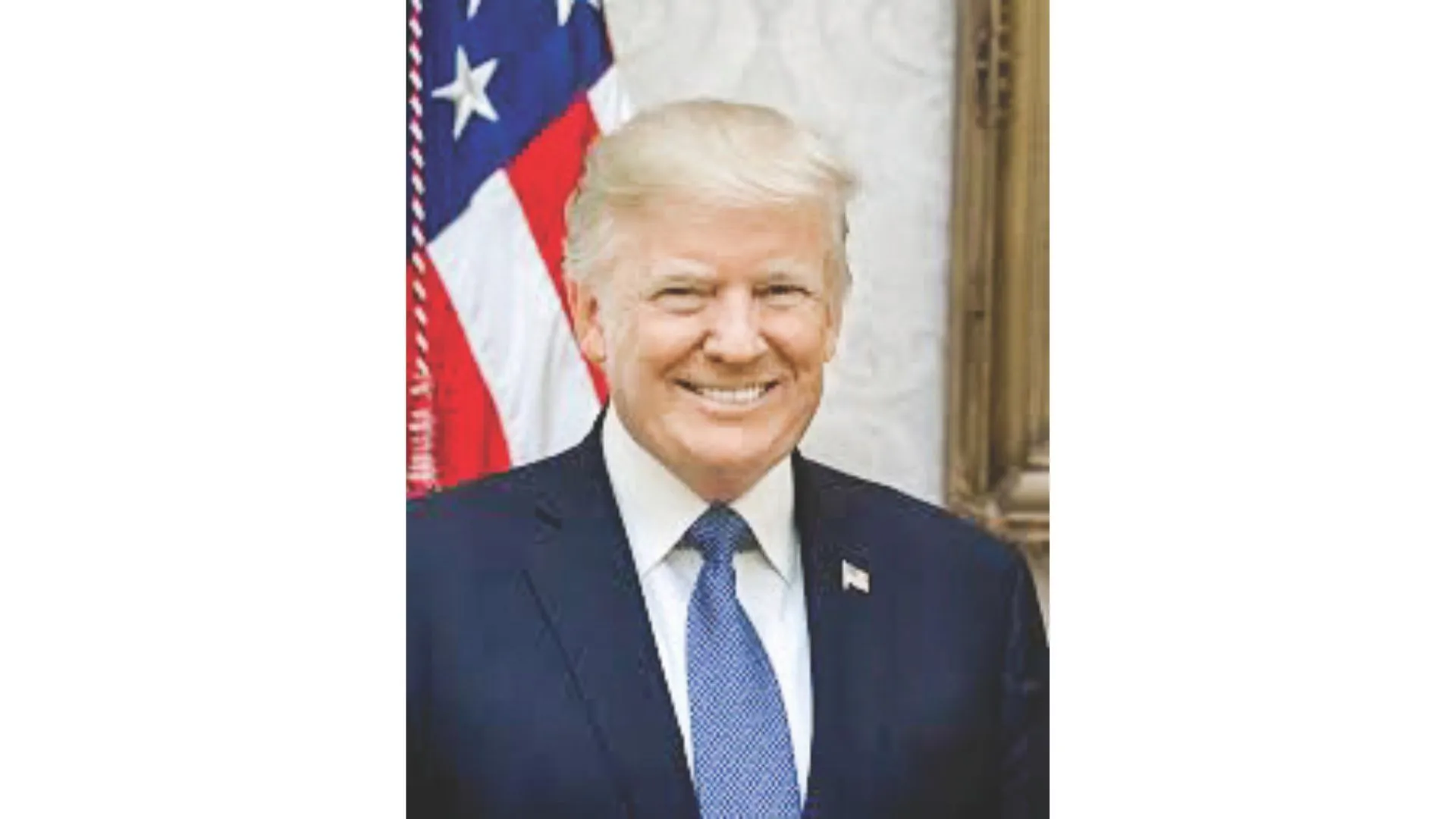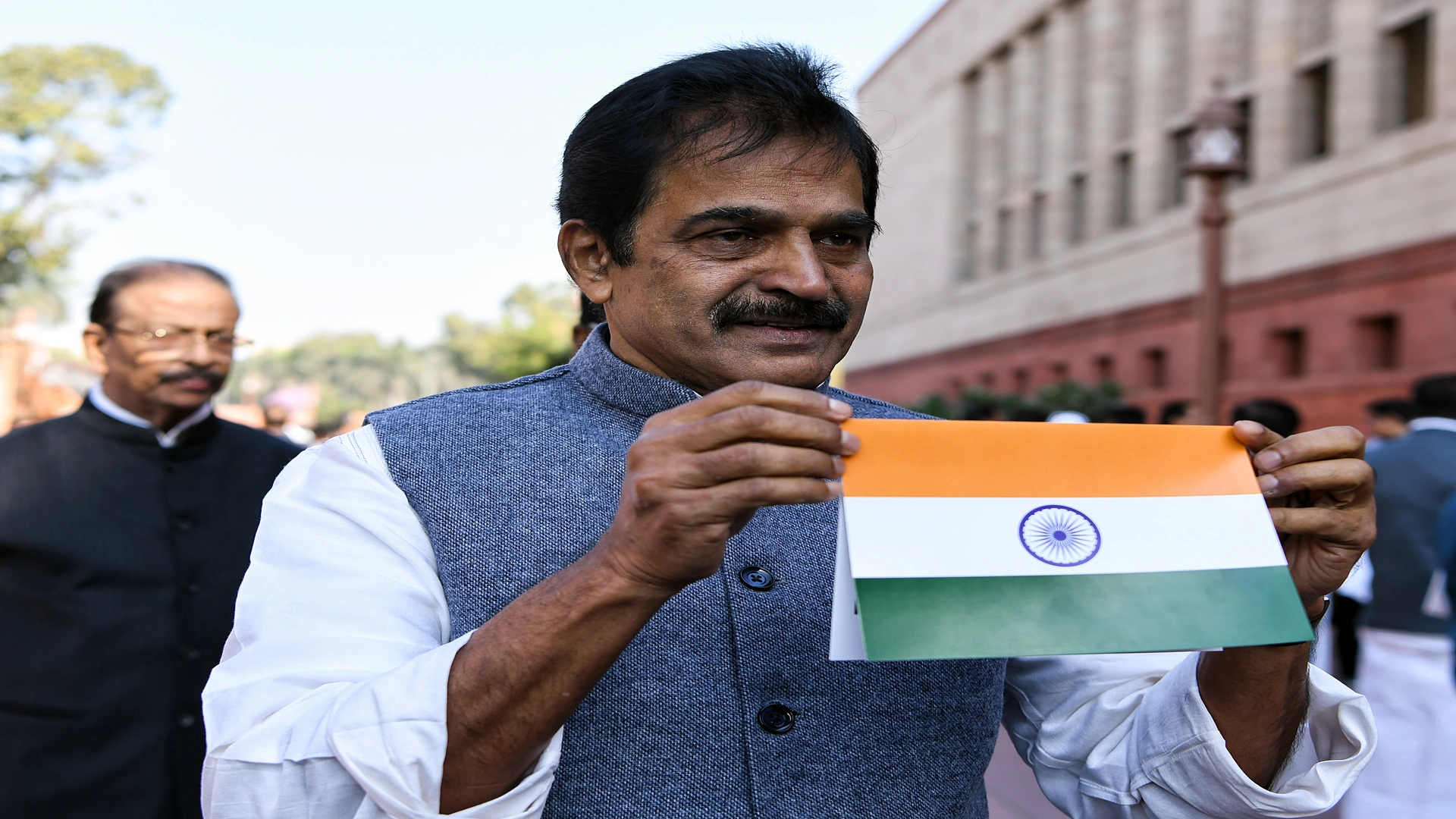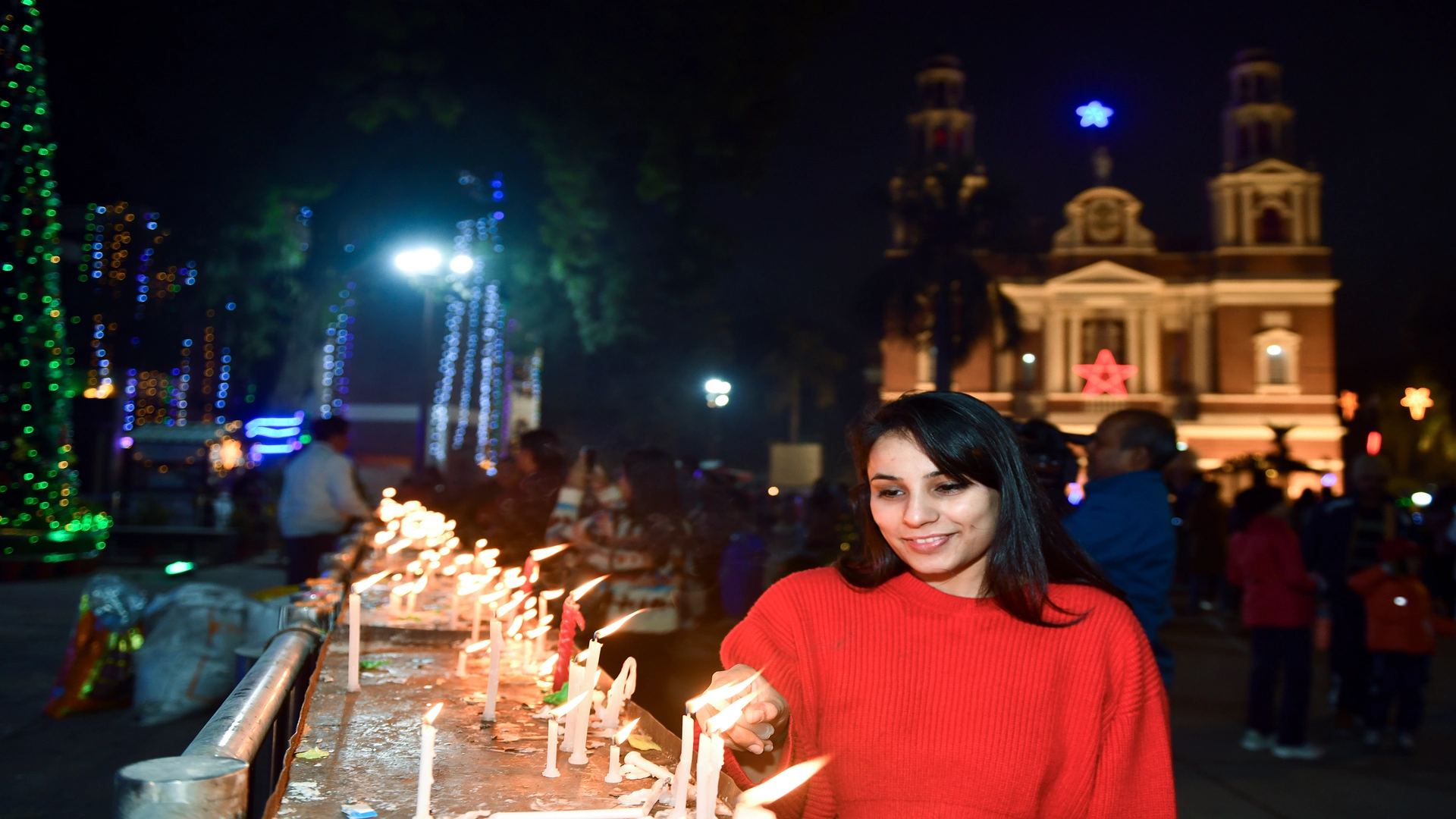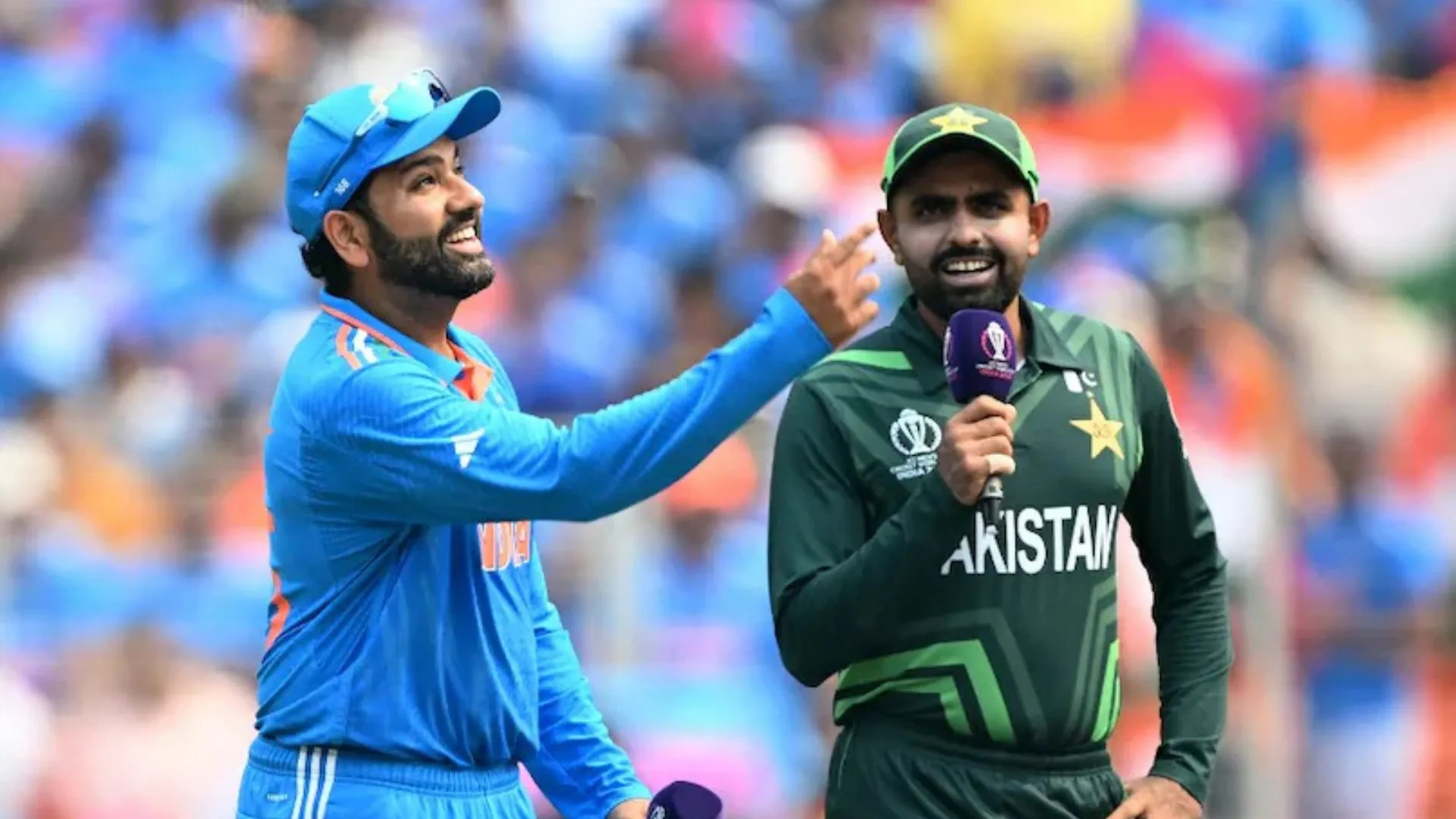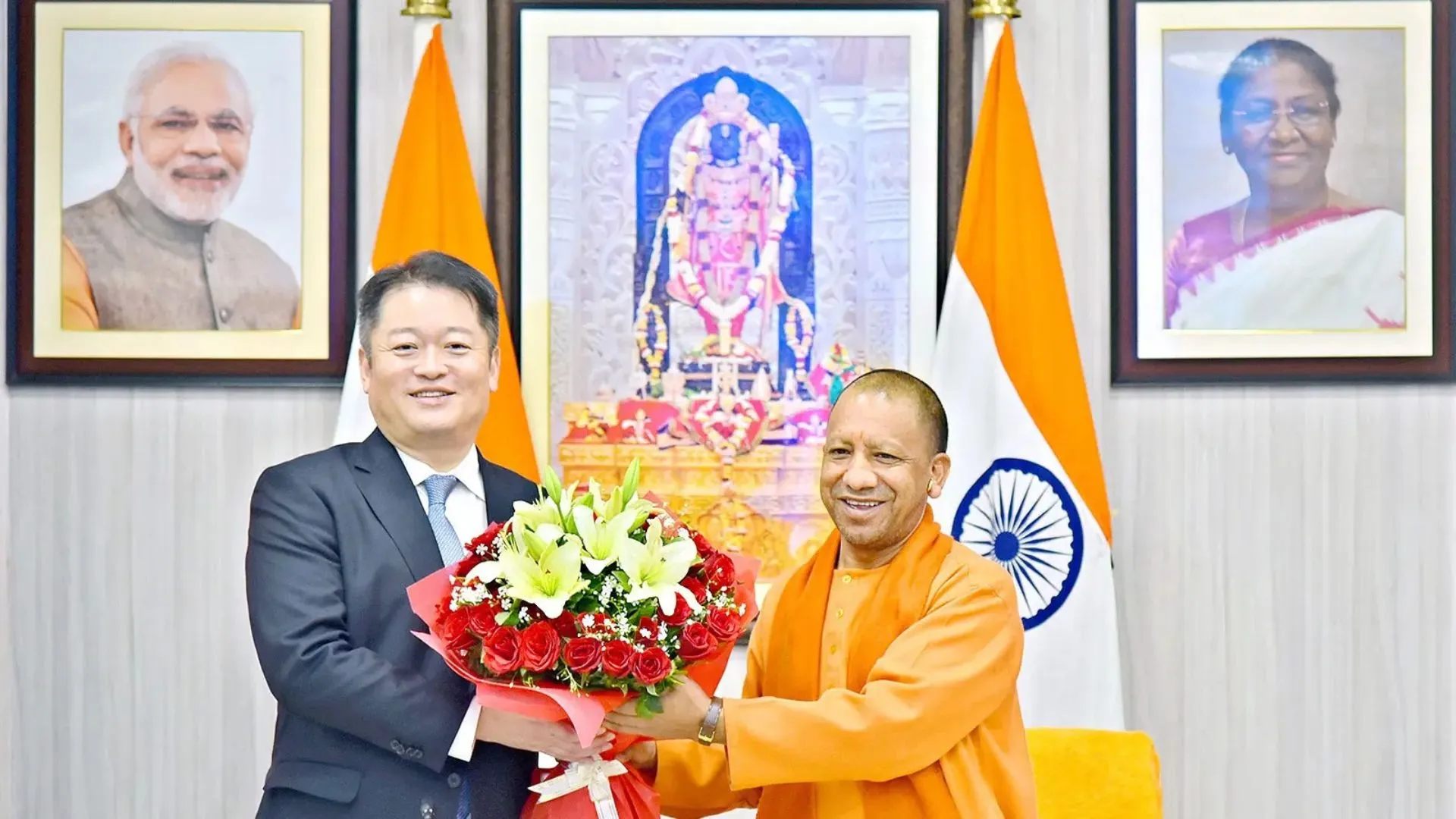From July 08-10, Washington DC hosted the fifth edition of the National Conservatism Conference (NatCon 2024), a confluence of conservative thinkers, scholars, and public intellectuals from the West. This edition was particularly significant due to the participation of an Indian delegation in the conference for the first time. The conference also witnessed a panel discussion on ‘India and the West’, and a plenary address on ‘India’s vision for world conservatism’, delivered by Dr. Ram Madhav, president of India Foundation, a think tank based out of New Delhi. The sessions at NatCon 2024 were a testimony to the fact that there has surely been a growing realization among the Western conservatives about the potentialities of Indian contribution to the global conservative movement.
With a population of over 1.4 billion people, India stands as a society deeply religious and rooted in its cultural worldview. The Indian civilization has withstood the challenges of history and has sailed through time retaining its cultural fabric intact, without succumbing to historical amnesia. Despite being faced by waves of colonialism over centuries, the Indian nation survived through the test of time, and witnessed several moments of cultural assertion during its resistance to colonial forces. The anti-colonial discourse weaved during its independence movement in the nineteenth and twentieth centuries was also nourished by a realization about the need for cultural resurgence. Indian cultural ideas of swatantrata (independence) and swarajya (an independent statehood) were the driving forces of the Indian freedom movement. For a nation deeply anchored in its cultural and traditional practices, it’s only justified that India should be an active discussant in the global conversations on national conservatism.
Contemporary discourse of national conservatism generally revolves around the foundational pillars of “god, religion, tradition, family, patriotism and nationalism”. The challenge posed by the global Left is essentially a subversion, or at least a radical transformation of the role of these pillars in individual lives and in organizing human societies. The ideological drive of the global Left serves as a significant force for its propagation and influence of the mass psyche. In contrast to this, the “conservative disposition”, as propounded by Michael Oakeshott, is devoid of such ideological force which may facilitate its active transmission. Change and reform is surely recognized as an important aspect of the conservative disposition, however conservatism prefers an attitude favoring gradual change, and views the advocacy of radical reform skeptically. It is this preference for gradual reform which is often misconstrued by critics as a tendency to oppose reform, and a roadblock to usher in revolutions. For the global South, the perception of conservatism being conflated with an opposition to reform is easy to agree with. In this backdrop, with the increasing entrenchment of the global Left in countries of the global South, it is crucial for the conservative movement to begin an engagement with similar streams of thought from these regions. Exploring the possibility of having trans-national conservative alliances is central to not just increase the global footprints of the conservative movement, but also to build durable institutions in the global South capable of promoting the conservative cause.
Roger Scruton, an eminent conservative philosopher, has explained the conservative phenomenon as follows:
“Conservatism is about conserving things: not everything of course, but the good things that we admire and cherish, and which, if we don’t look after them, we might lose. These things are our most important collective assets: peace, freedom, law, civility, the security of property and family life. In all those assets we depend on the cooperation of others while having no means singlehandedly to obtain it. The work of destroying our social assets is quick, easy and exhilarating; the work of creating them slow, laborious and dull.”
India is uniquely positioned to serve as a focal point for Western conservatives to initiate a cross-civilizational dialogue on the meaning, significance and immediacy of engaging with the conservative intellectual framework. The Indian civilization is one of the most ancient, living civilizations in the world, and its citizens have been able to mold their cultural and social values rather smoothly in the face of modernity. In today’s globalized era, India is already positioning itself as a leader of the global South, and a meaningful alliance with India would mean the opening of inroads into other nations of the global South. One may also note that several nations of the global South have been able to hold on to their cultural roots, and the vernacular articulation of conservative values will surely resonate across the entire region.
India shouldn’t be viewed just as a single unit, rather it should be acknowledged as a deeply religious country teeming with more than a billion people moored in the local cultures and traditions. This visualization puts into perspective the potentiality of India to be a flagbearer of the conservative movement. Hinduism’s emphasis on harmony and building a culturally confident society facilitates the flourishing of those values which Western conservatives hold dear. India’s celebration of its pluralistic traditions offers conservatism a renewed opportunity to shed off its stereotypical perception of being exclusivist and could instead be offered as a worldview that supports diversity in civilizational unity. Socio-cultural organizations already working at the grassroots in India could very well provide the required intellectual and social impetus to articulate a strong conservative consensus in the nation, which would resonate with the conservative cause in the West.
However, one may caution that the initiation of such a dialogue would not fructify unless the West realizes that this engagement with many of its former colonies will have to be on such terms, taking into account the colonial baggage of these nations. Also, it has been difficult for the global South to cope with the lack of development and radical disparities created with the advent of modernity. The discourse of conservatism will have to mold its narration such that it appeals to the marginalized sections of these societies, which have been stuck for decades at the crossroads of colonial history and modern development. A crucial point of convergence for civilizational states such as India and the conservative West would be the due importance given to the role of responsibility, both individual and societal, in building and ensuring the continuance of culturally rooted societies.
Yashowardhan Tiwari,
Research Fellow, India Foundation



